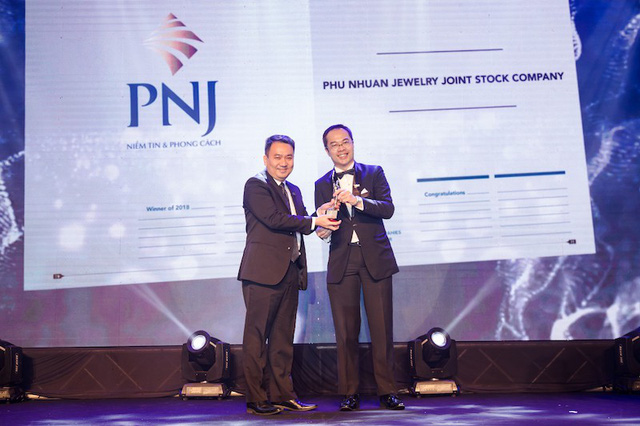CEO PNJ Thong Le: “MBA is an ideology”
CEO PNJ – MSc. Le Tri Thong refers to a Master of Business Administration (MBA) as a path, in the sense of a religion. He affirms that pursuing an MBA has provided a solid foundational knowledge that allows for additional attachment and customization of the evolution of knowledge, thereby enabling the resolution of specific problems encountered in particular circumstances.
Le Tri Thong, along with his younger sister Le Diep Kieu Trang, are considered by the younger generation in Vietnam (8x, 9x) as role models for academic success. Thong became famous for being a top graduate from Ho Chi Minh City University of Technology (Bach Khoa) but shifted towards business through an academic route, pursuing a Master’s in Business Administration program. He currently holds the position of Vice Chairman of the Board, CEO of Phu Nhuan Jewelry Company – PNJ.
Mục lục
The turning point of the “outsider” Master of Business Administration
During the MBA For Success seminar organized by UEH-ISB, Le Tri Thong shared that the business spirit had been ingrained in him since childhood. Hence, despite having a scholarship for a PhD in the U.S. in the field of chemistry, he declined it to seek opportunities to obtain an MBA degree.
At 25 years old, with only two years of experience, Thong was indeed minuscule compared to his peers at Oxford University, a globally renowned academic institution. In reality, Oxford required students to meet a four-year work experience criterion for a 12-month MBA program. Therefore, among his classmates, known as the “baby MBA” at that time, some held two PhDs, and others were associate professors.
“I told the interviewers that if they only considered my two years of experience post-graduation, they were mistaken. Because since the age of 7 or 8, I accompanied my father (Le Van Tri, Deputy General Director of Casumina – NV) to meetings, observing the business activities of the company. Therefore, my experience should be calculated from those years,” Thong recounted.

The Master of Business Administration (MBA) is not just a foundation but also… “an ideology”
Throughout his story, MSc. Le Tri Thong refers to the Master of Business Administration (MBA) as a path, in the sense of a religion. He emphasizes that the MBA provides a solid foundational knowledge allowing for additional attachment and customization of the evolution of knowledge, rather than teaching specific problem-solving methods.
If TS. Ly Qui Trung likened “Bachelor’s is riding a bicycle, MBA is riding a motorcycle. When discussing a Master of Business Administration degree, Le Tri Thong shares his “enlightenment” journey with the MBA. According to him, the “path” of the MBA stays with us throughout life. It helps me continually perceive, observe, absorb, and critically evaluate the theories I’ve learned to form a new worldview. This ‘path’ helps us achieve success in our careers, exploring new territories, the realities of business and enterprises,” emphasized Thong.
Returning to the concept of right or wrong in the natural sciences realm, Thong believes that once one understands that an MBA is the science of management, the science of behavior, accepting the relative nature of right or wrong values is a step toward enlightenment, a “path of understanding” the MBA. “Sometimes the knowledge contradicts what I’ve learned, and it’s the ‘path’ of the MBA that helps me find the solution,” shared Thong.

The information in the article was shared by guest speaker – MSc. Le Tri Thong – at the event “MBA For Success” with the theme: “Discussion with MSc. Le Tri Thong and TS. Pham Anh Khoi.” MBA For Success is an online seminar series organized by ISB, aimed at connecting high-level leaders and managers, providing a comprehensive perspective and valuable knowledge for Master of Business Administration program students, and general audiences interested in the field.
Reference: ISB



